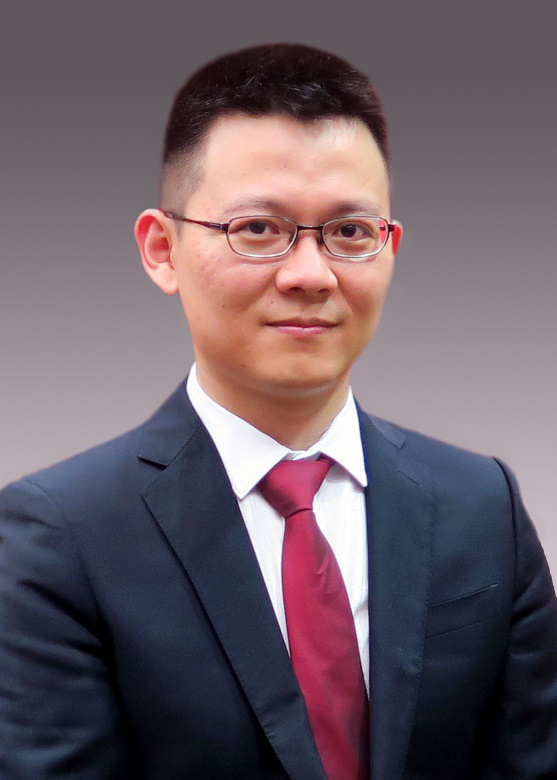当前位置 :首页>新闻动态
Academic Frontier Lecture No. 011
Title: High-Voltage Output from Triboelectric Nanogenerator: Challenges and Opportunities
TIME: May 13th, 8:40-9:40
VENUE: Taizhou Hall Room202-2
SPEAKER: Prof. Yunlong Zi Assistant Professor, The Chinese University of Hong Kong
HOST: Prof. Fei Wang

INTRODUCTION
Prof. Yunlong Zi is an Assistant Professor in Department of Mechanical and Automation Engineering at the Chinese University of Hong Kong. Dr. Zi received his Ph.D. in Physics from Purdue University in 2014; his Bachelor of Engineering in Materials Science and Engineering from Tsinghua University in 2009. Before joining CUHK, he worked as a Postdoctoral Fellow at Georgia Institute of Technology during 2014-2017. His current research interests focus on high-efficiency mechanical energy harvesting through triboelectric nanogenerators (TENG), TENG triggered high-voltage applications, and self-powered systems. As the 1st author, his research studies have been published in top-notch journals, including Nature Nanotechnology, Nature Communications, Advanced Materials, Nano Letters, ACS Nano, Nano Energy, and etc. He was honored as the winner of MRS Postdoctoral Award by Materials Research Society in 2017, as the first recipient from Georgia Tech; and was highlighted in Purdue homepage as one of “5 students who are transformation makers”.
ABSTRACT
As the development of the Internet of Things (IoT), trillions of widely-distributed devices are integrated for health monitoring, biomedical sensing, environmental protection, infrastructure monitoring, and security. The traditional technology for powering these devices is using batteries, which might not be an optimal solution due to the limited lifetime, difficulties for replacement and maintenance, and potential environmental issues. To provide a sustainable power solution, triboelectric nanogenerator (TENG) has been developed since 2012 for high-efficiency mechanical energy harvesting from ambient environment. TENG has very unique output characteristics including the high voltage and the limited current density. Thus, it is challenging to directly power most of commercial electronics in high efficiency. However, these features also bring opportunities for high-voltage applications. Here, starting from TENG operation cycles through the voltage-charge plots, series of important research studies have been demonstrated, including three aspects: (1) conducting fundamental studies to understand the triboelectric effect, electrostatic discharge, and maximal energy output capability of TENG; (2) developing designed energy storage or power-management solutions for TENG to power electronics in high efficiency; (3) developing TENG as a controllable high-voltage power source for various applications. These studies will drive the further development of TENG technology for broad applications and industrializations, towards high-efficiency self-powered systems.